FourTee Acres: Connecting the Generations
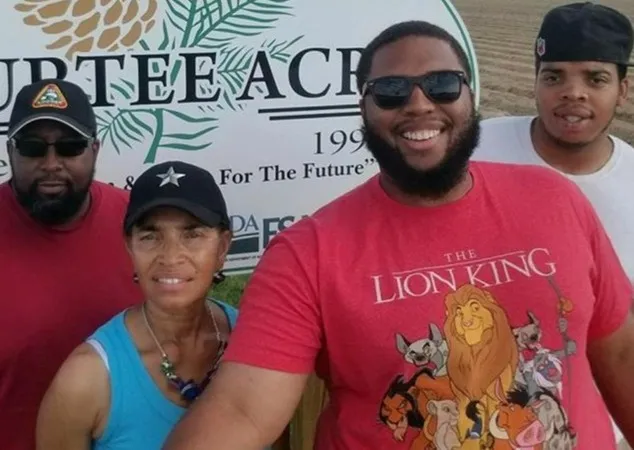
Tyrone Williams squinted into the sun as he looked toward the newly planted tract of loblolly pines on his 62-acre property in Enfield, NC.
The air was fragrant with the trees’ scent. He thought about his ancestors and how they surely stood in this very same spot. He hoped that someday his children would inherit the land and stand here too, feeling that long thread of ownership connecting the generations.
Oral history traces the Williams family land back to the late 1800s, but paper documentation of ownership dates only to the 1930s. Landownership was historically a struggle for African-Americans. Discrimination and exploitation were common, and many people lost their land when loved ones died without proper wills.
Tyrone, his wife Edna, and their three sons – Trevelyn, Tremaine, and Tyron – were fortunate enough to acquire this portion of the family farm. In 1994, they named it Fourtee Acres – a play on their names and the “40 acres and a mule” promised to African-Americans after the end of slavery. While the Williams family called Fourtee Acres home for many years, it wasn’t until he retired that Tyrone turned his full attention to the land.
He knew he wanted to restore the woodlands, use the property somehow as an income source, and ensure he could pass the land on to his sons. But like a lot of family landowners, Tyrone’s forestry knowledge was limited. He quickly recognized a need for expert guidance in what to do, when and how to do it, and how to afford all the work. Still, he was also wary about who to trust – many of those decades-old issues for African-American landowners are still present today, and he did not want to risk making irreversible mistakes.
Then, in 2013, Tyrone and Edna attended the Minority Landowner Farmers and Landowners Conference in South Carolina. They were shocked to meet so many others who had also inherited or bought land – some with forestry experience, but many with none.
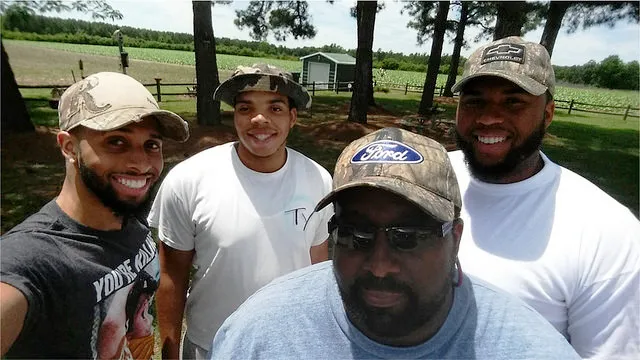
During this event they met Alton Perry, from the Sustainable Forestry and African American Land Retention Project, a program that helps African-American landowners care for their forestland and pass it on to the next generation. Perry was helping people like the Williams’ navigate the complexities of forest management.
Tyrone and Edna, though interested, wanted time to think through all they had learned at the conference. Perry continued to follow up over the next several months, taking the time to listen to the Williams’ needs and vision and answer their questions. Perry knew he needed to reassure the Williams family and gain their trust for them to take the next step. It took nearly a year for Tyrone and Edna to join the program.
Finally ready to get started, the couple began meeting regularly with Perry, along with their county forester and other forestry professionals, to plan their restoration activities. They also contacted the Natural Resources Conservation Service to arrange financial help, and they met with a lawyer to set up a trust that will eventually transfer the land to their children. It was exactly the broad range of support the Williams’ needed to get started in forest stewardship.
“ALTON AND EVERYONE WE MET WITH REALLY FOCUSED ON LISTENING AND HELPING US DO WHAT WE WANTED TO OUR LAND. WE NEVER DREAMED WE WOULD HAVE SO MUCH SUPPORT IN TAKING CARE OF OUR FOREST.”
In time, Fourtee Acres began to change. First, they harvested 37 acres of mature loblolly pines. The following year, 14 acres were reforested, with the remaining 23 acres taking another two years – along with extensive spraying, shearing and bedding. The family also planted low-lying shrubs and berry bushes and began honing their green thumbs by gardening and crop farming.
Bobwhite quail soon returned to the property, thanks to those newly planted loblollies. Then more birds, rabbits, and deer started to call Fourtee Acres home as well.
Along with their healthy woodland, Tyrone’s passion and interest for managing the land was growing. The more he learned about caring for his land, the more he wanted to expand his education. Perry suggested he and Edna join the American Tree Farm System and take their stewardship to the next level: meeting high standards of sustainability, getting to know a wider and more diverse network of landowners, and continuing to advance their forestry knowledge.
At his first Tree Farm event, Tyrone was energized by the passion in the room. He quickly began making connections and hearing new ideas to help wildlife and better utilize the timber on his property.
All the support Tyrone and Edna received prompted them to pay it forward and begin to help others. Today, they host other minority landowners on their property, speak at events, and lead seminars on how to keep land in the family. They often tell others, “It doesn’t matter what your kids or grandkids do with the land. What’s important is that you set up the framework, so that they can.”
Related Articles
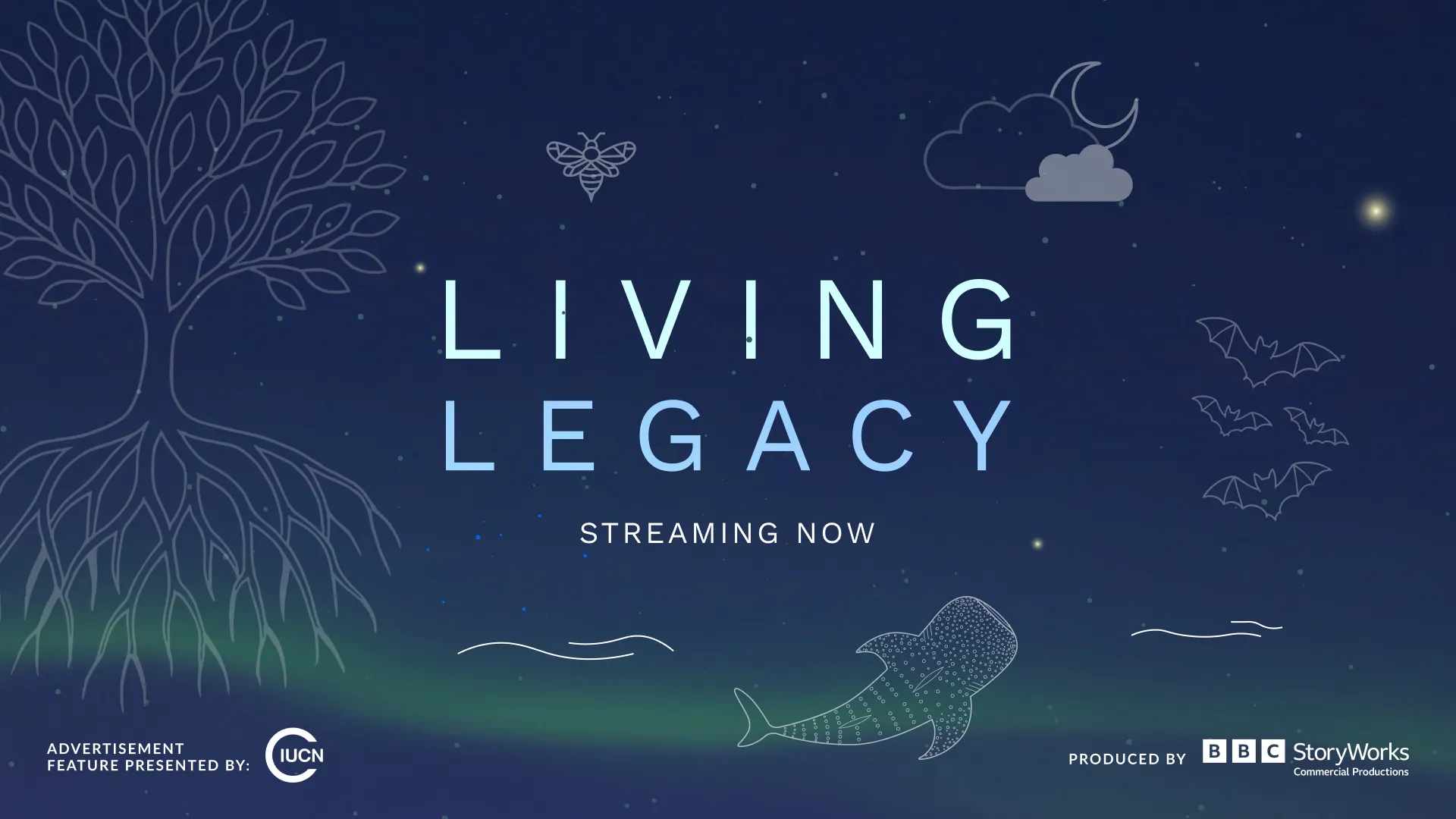
November 20, 2025
New Film Showcases Carbon Project’s Impact on Family Landowners and Nature
The American Forest Foundation (AFF), a national organization committed to empowering family forest owners to create meaningful conservation impact, announced today the release of a new film that tells the story of the Family Forest Carbon Program (FFCP) and its impact on people and the planet.
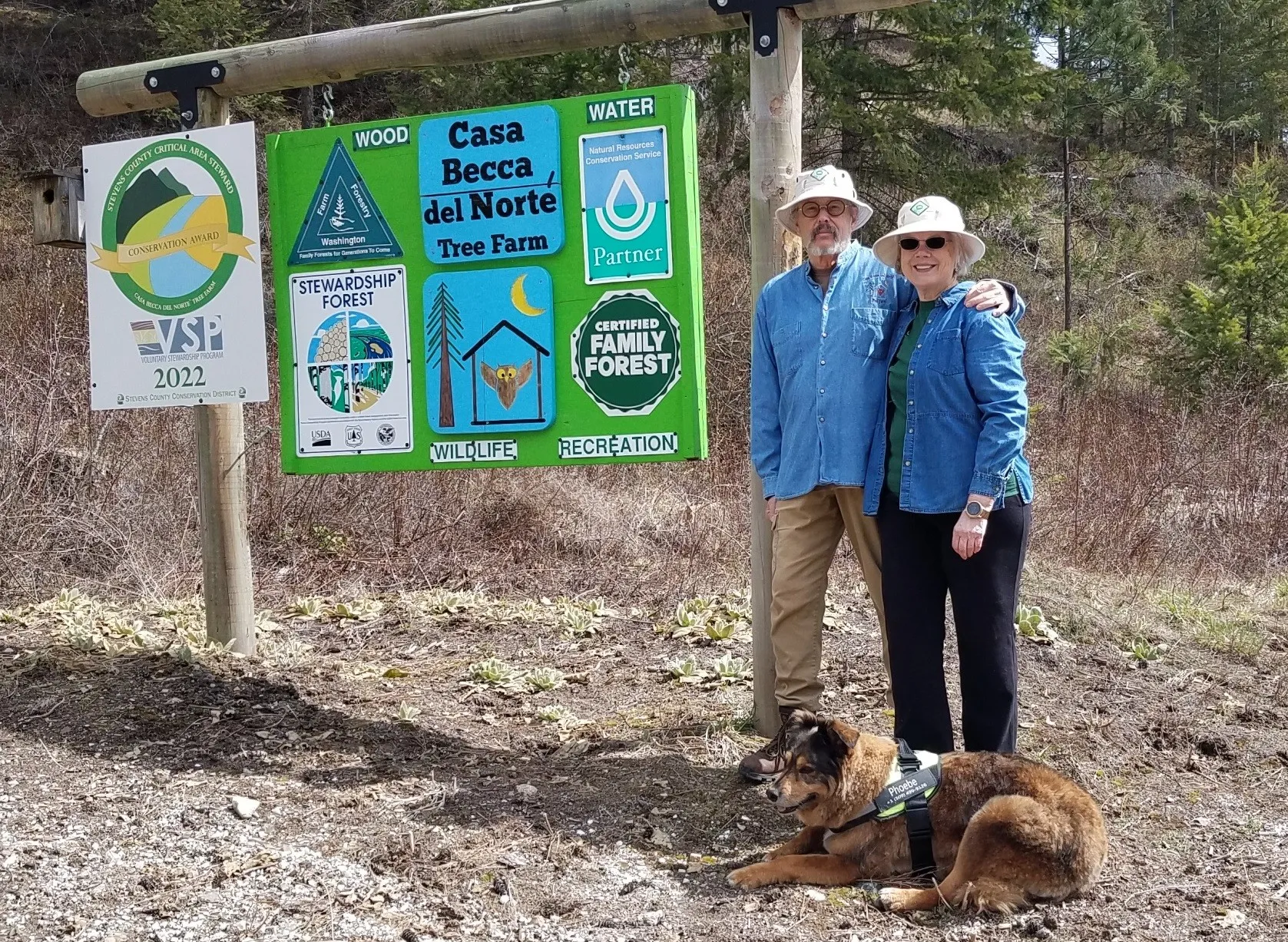
November 6, 2025
Meet the 2025 Outstanding Tree Farmers of the Western Region – Lynn and Becky Miner
Lynn and Becky Miner’s story is one of vision, perseverance, and transformation. When they first purchased their 100-acre property near Chewelah, Washington in 1992, it was far from the thriving, diverse forest it is today. They have poured their energy into turning “Casa Becca del Norte” (Becky’s House in the North) into a model Tree Farm, earning the recognition as 2025’s Outstanding Tree Farmers of the western region.
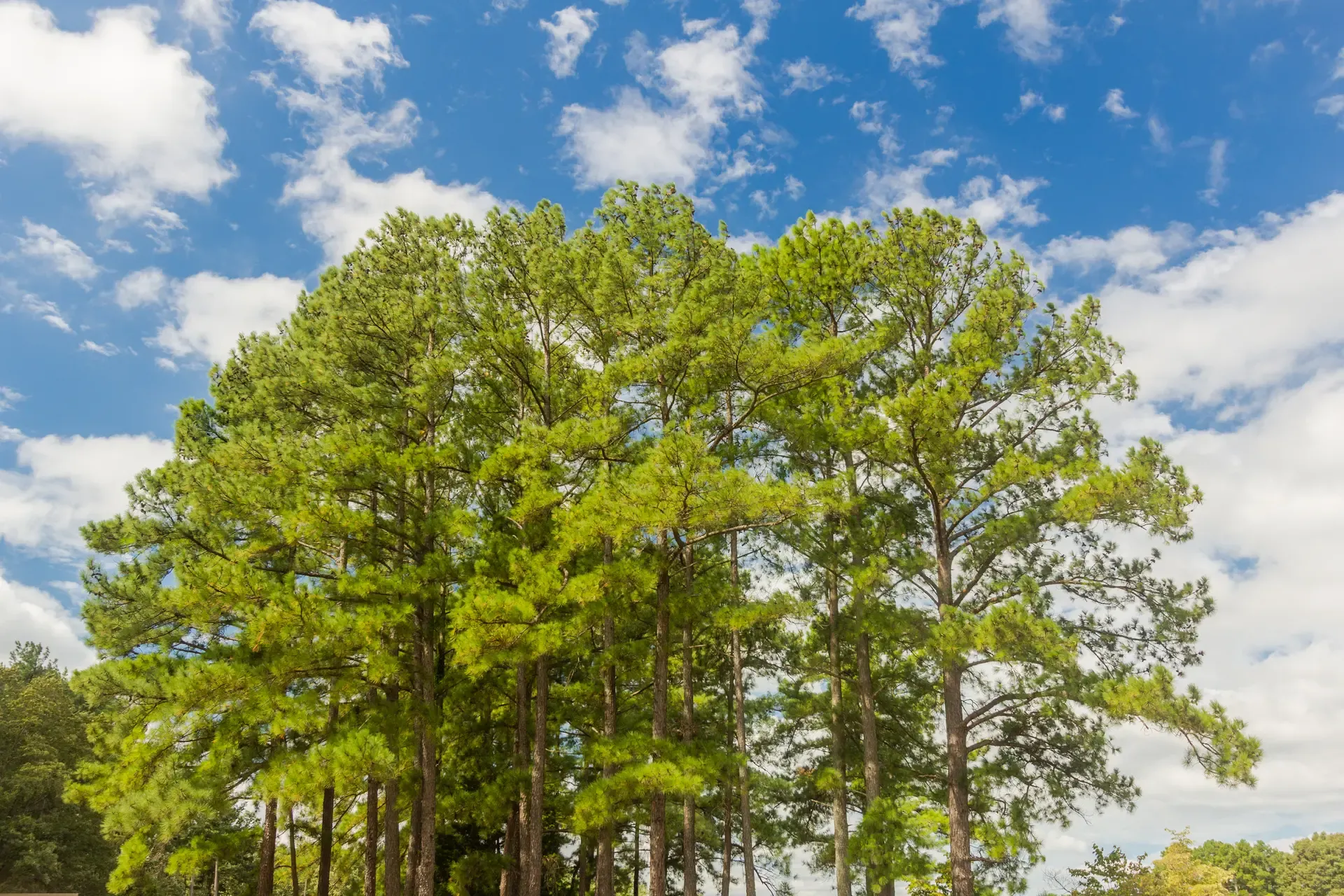
June 3, 2025
Why Wildlife Loves Loblolly—And How These Pines Can Benefit Your Land
A quiet stretch of pine trees can offer more than just scenery—it can provide vital habitat for wildlife across every season. Loblolly pine, the most common native tree species in the Southeast, plays a particularly important role in creating habitat for a wide variety of game and non-game species, from wild turkeys and rabbits to songbirds and squirrels.